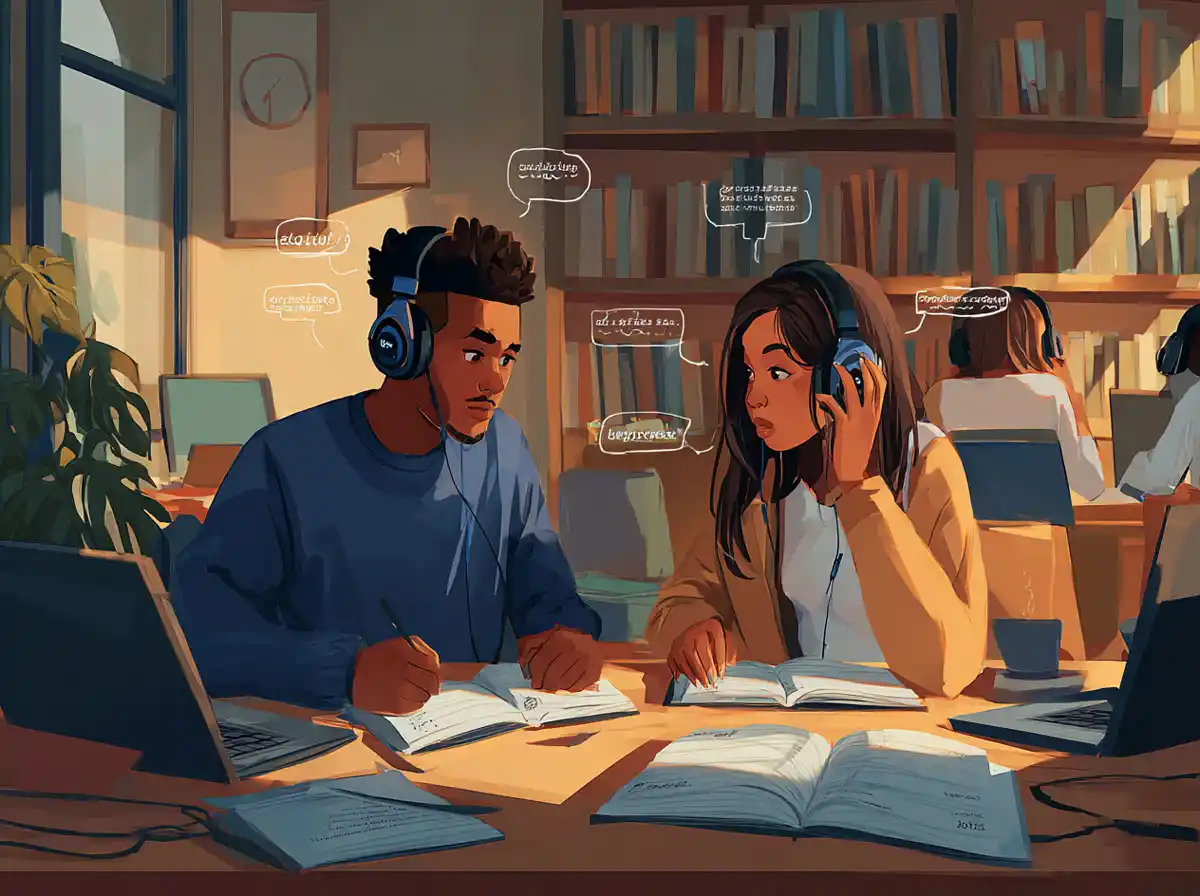Understanding Новая (Novaya) – New
The word новая (novaya) in Belarusian translates to “new” in English. This term is used to describe something that has recently come into existence, been created, or been discovered.
новая – new
У мяне ёсць новая машына.
новы – new (masculine form)
Гэта мой новы дом.
новае – new (neuter form)
У нас ёсць новае заданне.
навінка – novelty, new item
Гэтая кніга – навінка ў нашай бібліятэцы.
абнаўленне – update, renewal
Нам патрэбна абнаўленне праграмы.
навучанне – learning, education
Я пачаў новае навучанне.
навагодні – New Year’s (adjective)
Мы рыхтуемся да навагодняга свята.
навіны – news
Я чытаю навіны кожны дзень.
наваселле – housewarming
Мы запрасілі сяброў на наваселле.
Understanding Стары (Stary) – Old
On the other side of the spectrum, we have the word стары (stary), which translates to “old” in English. This term is used to describe something that has existed for a long time or has aged.
стары – old
Гэта стары дом.
старая – old (feminine form)
Мая старая сяброўка прыйшла ў госці.
старое – old (neuter form)
Гэта старое фота.
старажытны – ancient
Мы наведалі старадаўні замак.
старызна – old stuff, antiques
У мяне ёсць шмат старых кніг і іншага старызна.
старэйшы – elder, older
Мой старэйшы брат працуе ў банку.
старажытнасць – antiquity
Гэта артэфакт з старажытнасці.
старэць – to age
З гадамі мы ўсе старэем.
старызнік – antique dealer
Гэты старызнік мае мноства цікавых рэчаў.
Usage in Context
Understanding the words in isolation is a good start, but using them in context is where true mastery begins. Let’s explore some sentences that use both “новая” and “стары” concepts.
Я купіў новую машыну, бо старая зламалася. – I bought a new car because the old one broke down.
Я купіў новую машыну, бо старая зламалася.
Новыя тэхналогіі робяць наша жыццё лягчэйшым, але старыя традыцыі таксама важныя. – New technologies make our life easier, but old traditions are also important.
Новыя тэхналогіі робяць наша жыццё лягчэйшым, але старыя традыцыі таксама важныя.
Гэта новы праект, але мы выкарыстоўваем старыя метады. – This is a new project, but we are using old methods.
Гэта новы праект, але мы выкарыстоўваем старыя метады.
Adjectives in Belarusian
In Belarusian, adjectives must agree in gender, number, and case with the nouns they modify. Here’s how you can match the adjectives for “new” and “old”:
новы (masculine), новая (feminine), новае (neuter), новыя (plural)
стары (masculine), старая (feminine), старое (neuter), старыя (plural)
This agreement is crucial for constructing grammatically correct sentences.
У мяне ёсць новы дом, новае заданне, і новыя сябры. – I have a new house, a new task, and new friends.
У мяне ёсць новы дом, новае заданне, і новыя сябры.
Гэта стары гадзіннік, старая кніга, і старыя фатаграфіі. – This is an old watch, an old book, and old photographs.
Гэта стары гадзіннік, старая кніга, і старыя фатаграфіі.
Compound Words and Phrases
Belarusian, much like other Slavic languages, often forms compound words and phrases to convey more specific meanings. Here are a few examples:
новабудоўля – new building, construction
Гэтая новабудоўля будзе гатовая наступным летам.
старажытны горад – ancient city
Мы наведалі старажытны горад у Італіі.
навапашыўка – new tailoring, newly made clothes
Я купіў навапашыўку на кірмашы.
старыя звычаі – old customs
У нашай сям’і захоўваюцца старыя звычаі.
Connotations and Cultural Context
Understanding a language also involves understanding the cultural context and connotations of words. In Belarusian culture, both new and old have their own set of values and associations.
новая often connotes modernity, innovation, and progress. New things are generally seen as better or improved versions. For example, new technologies, new ideas, and new trends are often embraced and celebrated.
старая carries connotations of tradition, reliability, and nostalgia. Old things are often respected for their durability and historical value. Old buildings, old customs, and old wisdom are cherished and preserved.
навагодняя ноч – New Year’s Eve
На навагоднюю ноч мы сустракаем новы год.
стары Новы год – Old New Year (celebrated on January 14th in Belarus)
Мы таксама святкуем стары Новы год.
Idiomatic Expressions
Belarusian has its share of idiomatic expressions that use these words. Here are a few:
на новы лад – in a new way
Мы будзем працаваць на новы лад.
стары як свет – as old as the hills
Гэтая гісторыя стары як свет.
на новае месца – to a new place
Мы пераехалі на новае месца.
стары сябра – an old friend
Я сустрэў старога сябра на вуліцы.
Practice Makes Perfect
To truly grasp the nuances of новая and стары, practice is essential. Try to use these words in your daily conversations and writing. Here are a few exercises you can try:
1. Write a short story using both новая and стары multiple times.
2. Translate sentences from English to Belarusian, ensuring you use the correct forms of “new” and “old.”
3. Speak with a native Belarusian speaker and try to incorporate these words into your conversation.
Мая новая задача – палепшыць веды беларускай мовы. – My new task is to improve my knowledge of the Belarusian language.
Мая новая задача – палепшыць веды беларускай мовы.
Старыя кнігі маюць сваю асаблівую каштоўнасць. – Old books have their own special value.
Старыя кнігі маюць сваю асаблівую каштоўнасць.
With consistent practice and engagement, you’ll find yourself becoming more comfortable and fluent with these essential Belarusian words. Remember, language learning is a journey, and every new word you learn is a step towards better understanding and communication. Happy learning!










